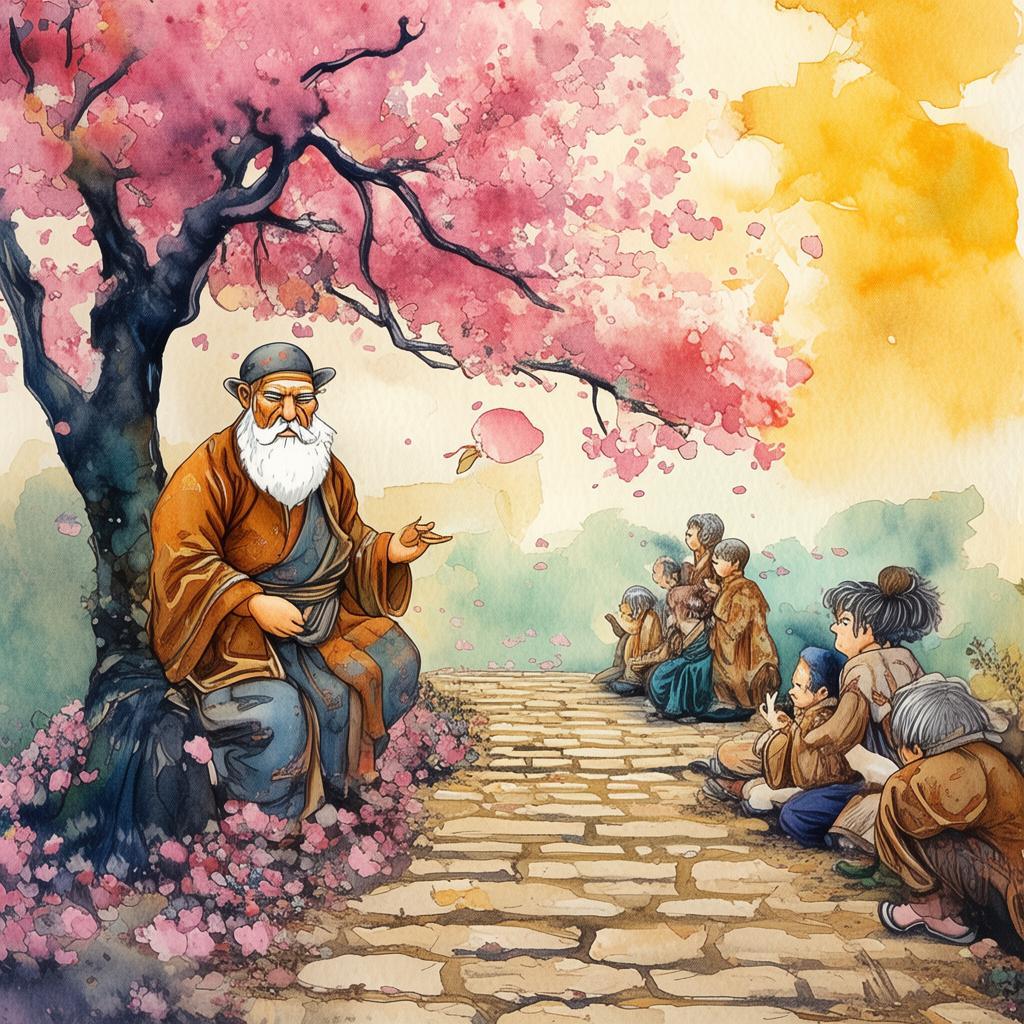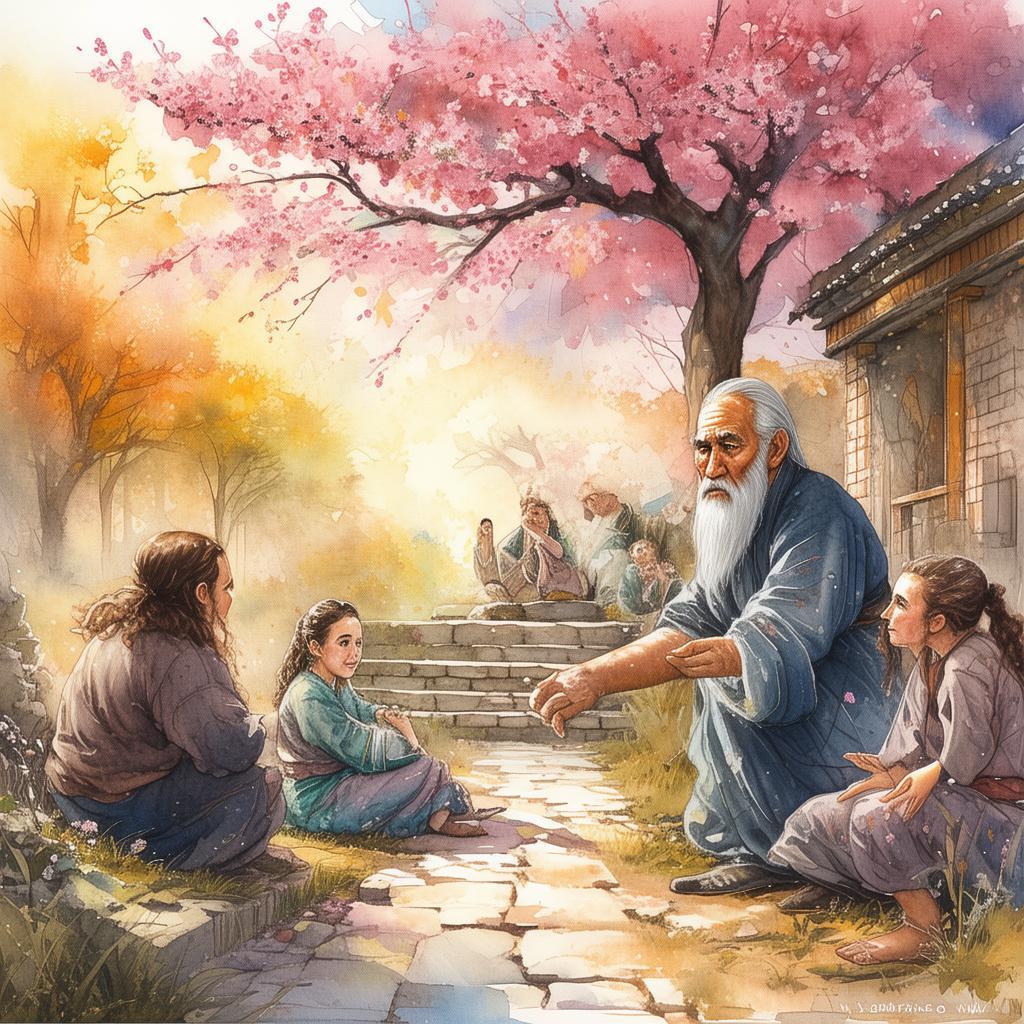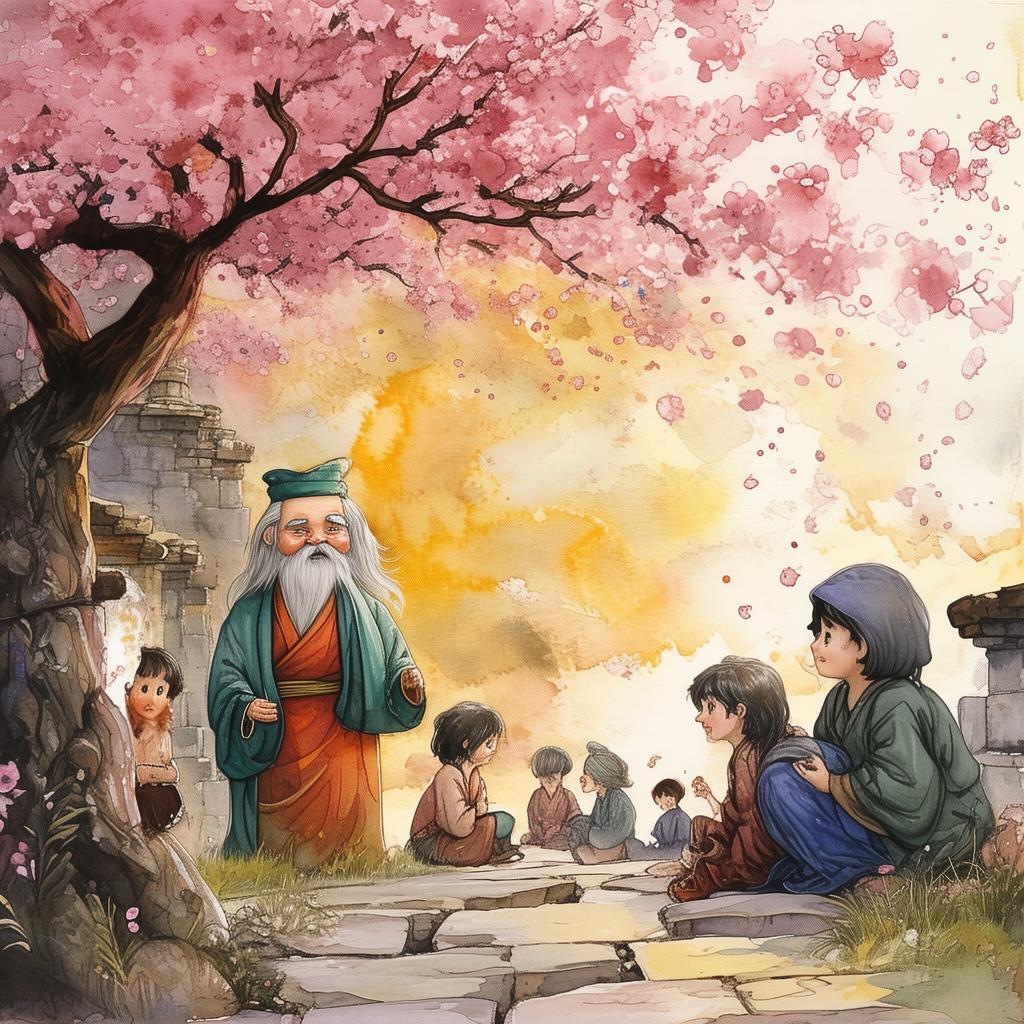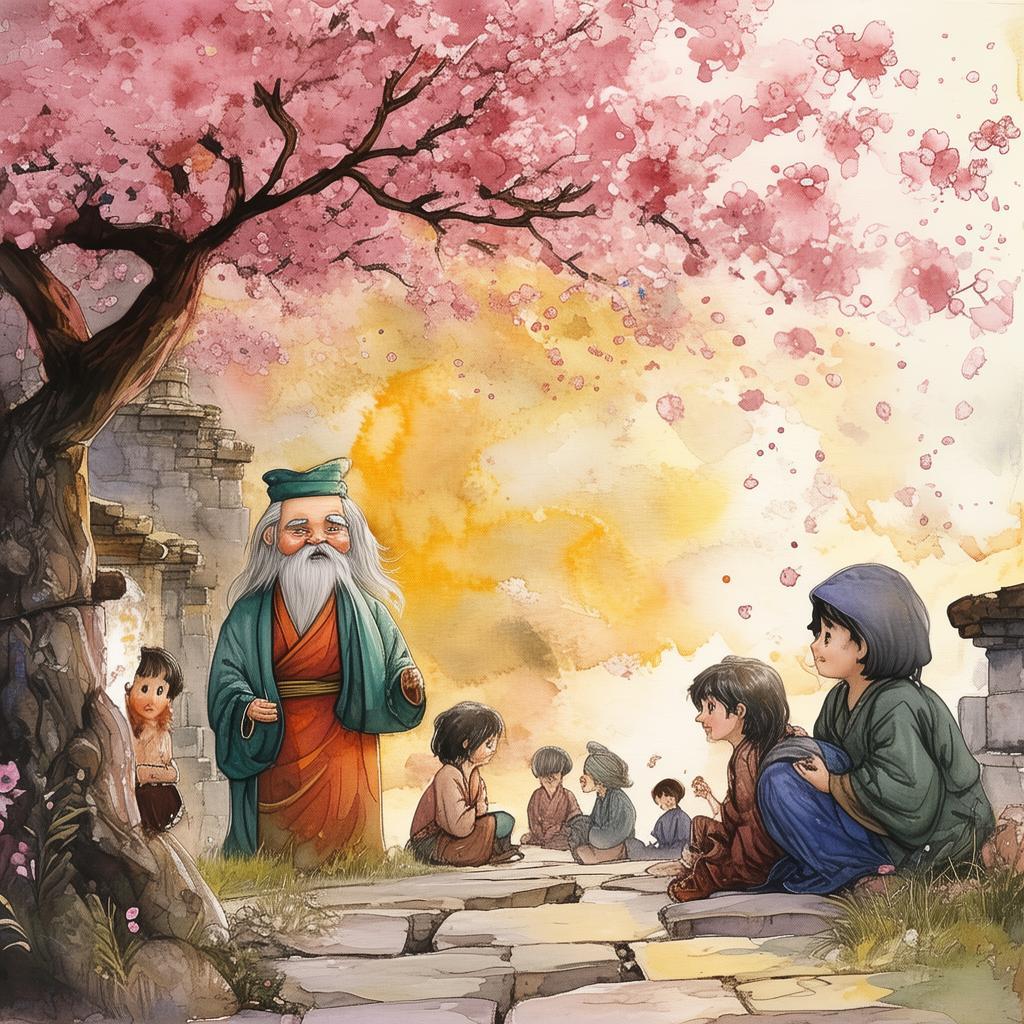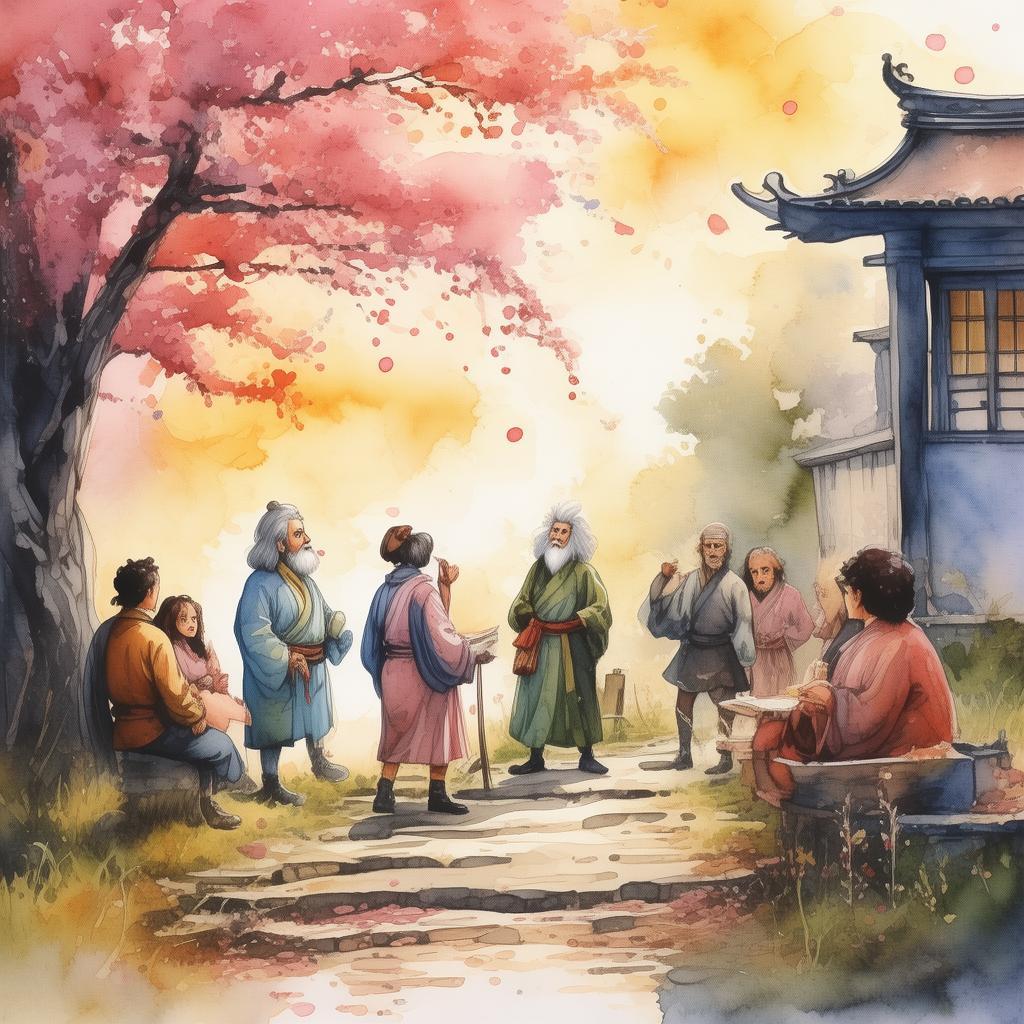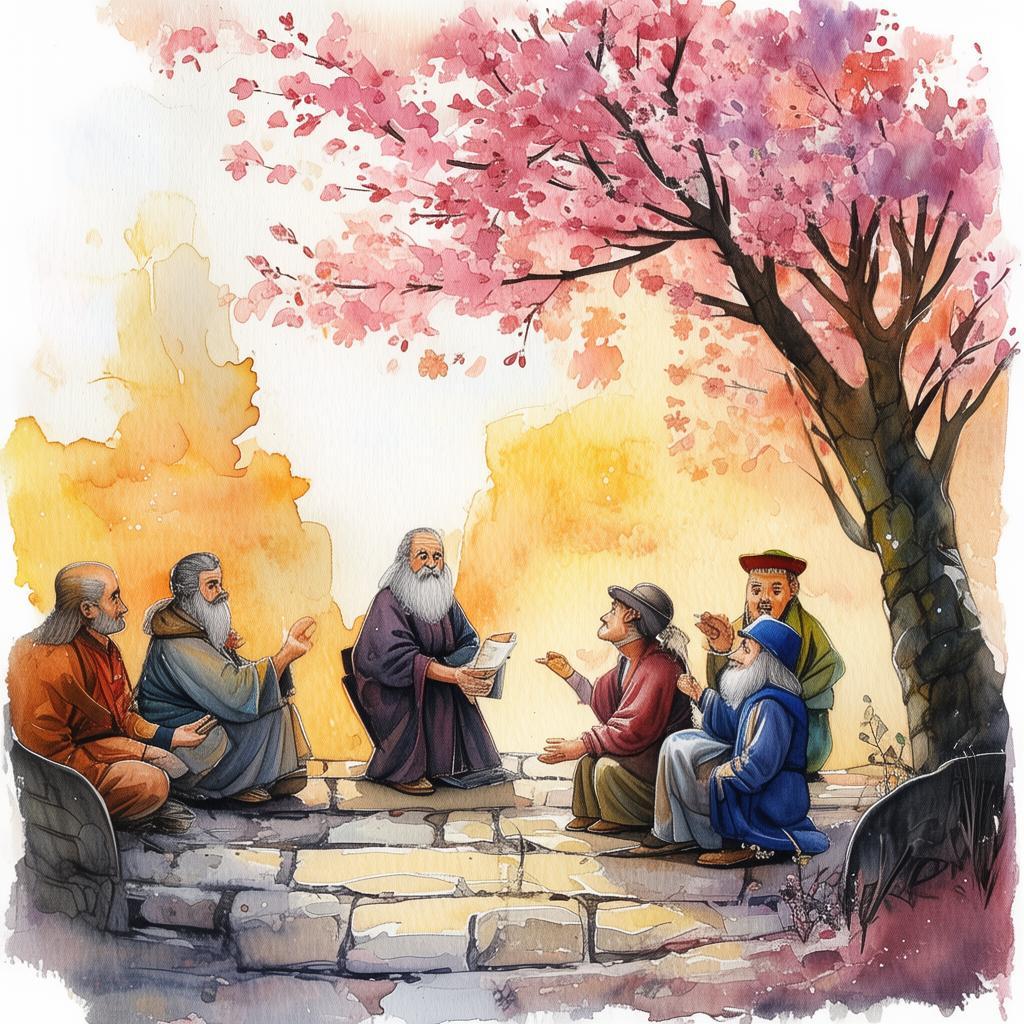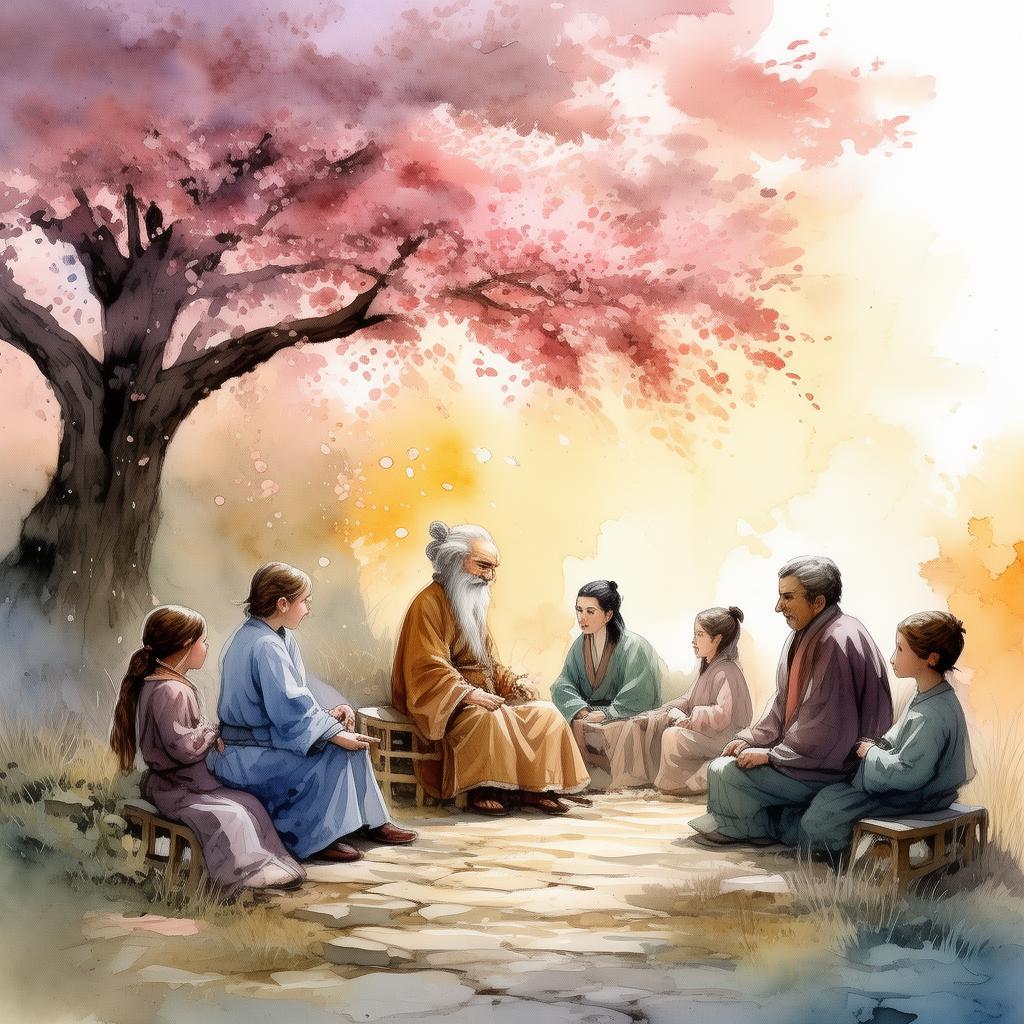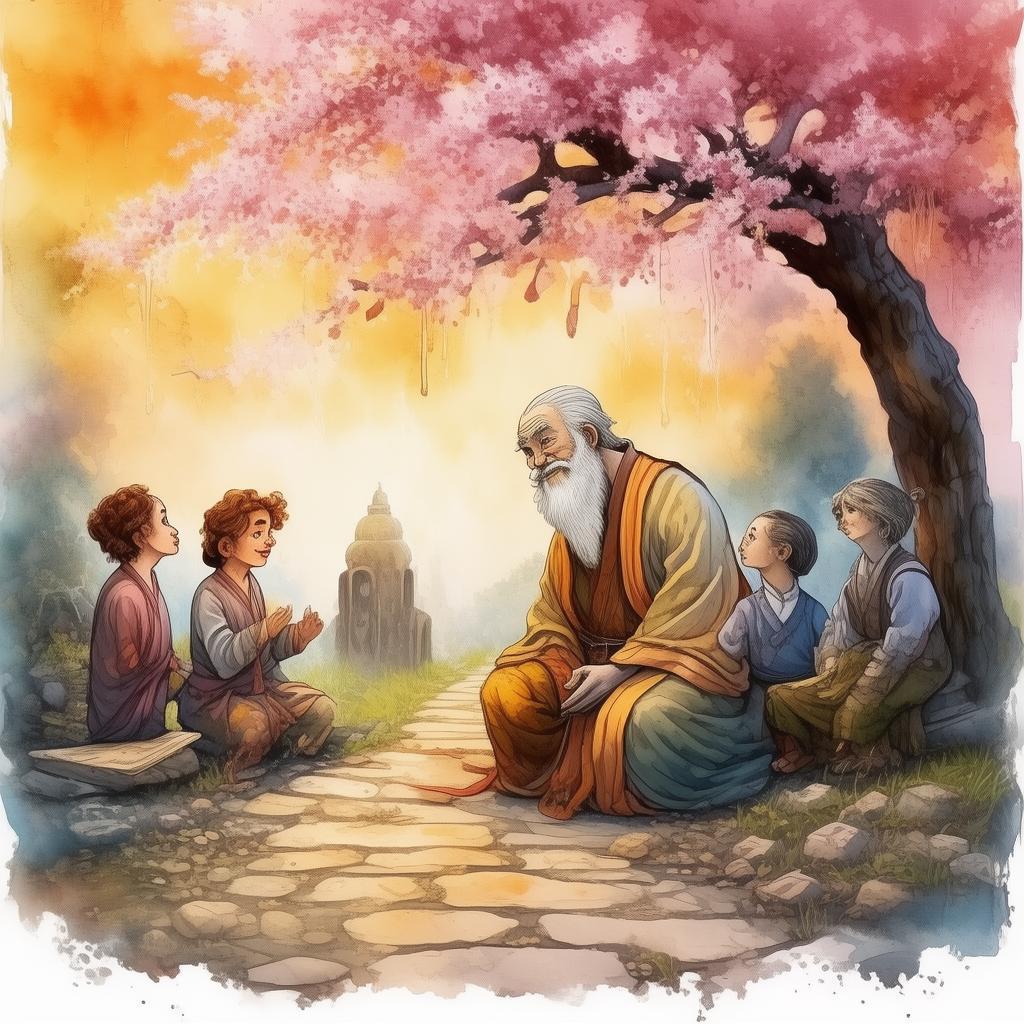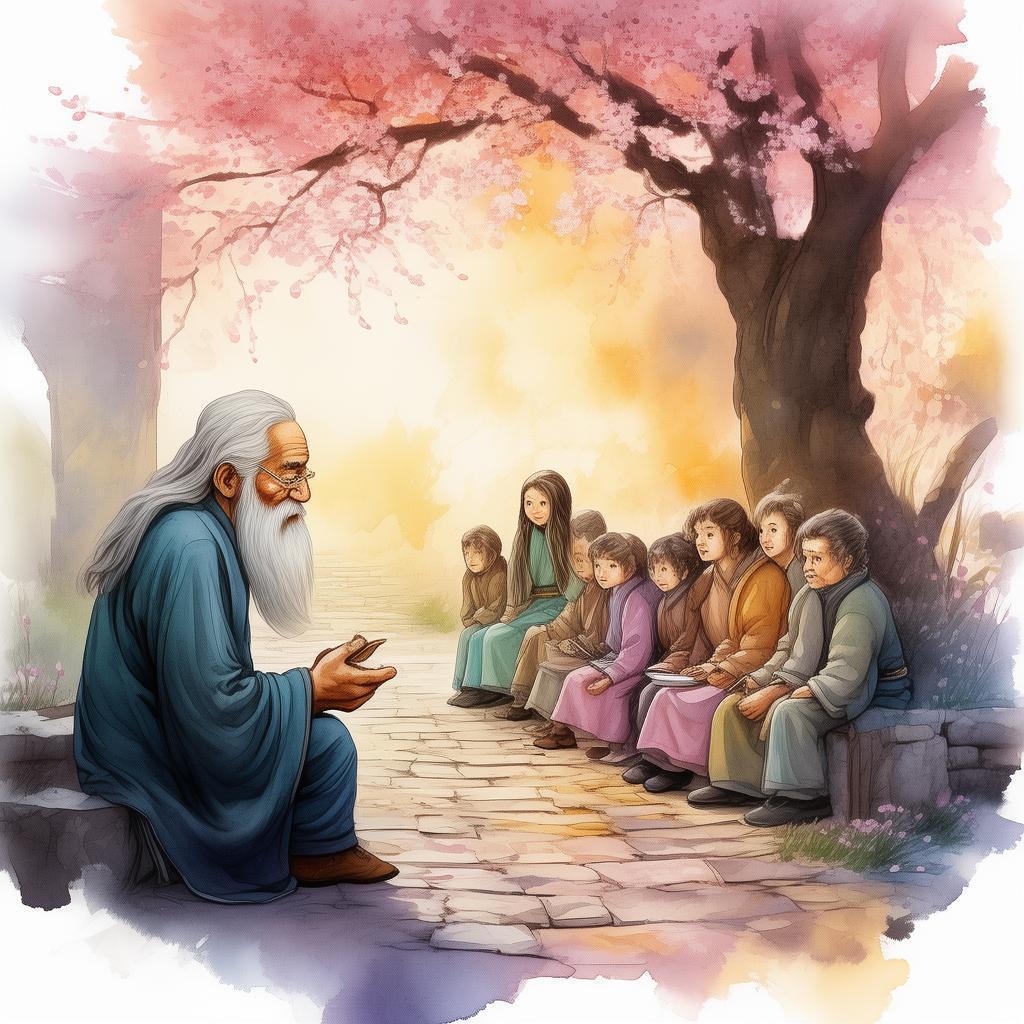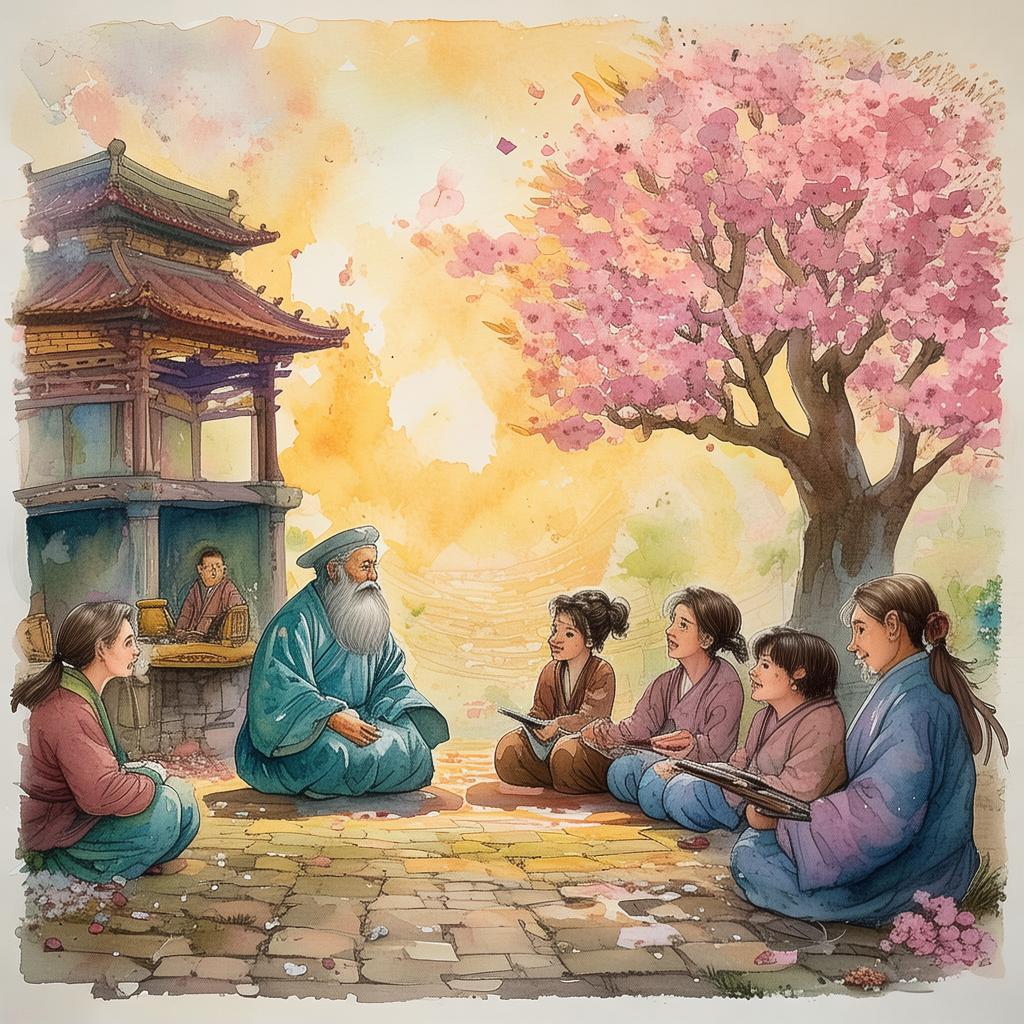Pen of the Throne: The Quest for the Imperial Exam's Legacy
In the heart of the ancient Chinese empire, where the scent of ink mingled with the aroma of incense, there was a tale of a young scholar named Ming. Ming was not just any scholar; he was a dreamer, a dreamer with a singular goal: to restore the grandeur of the Imperial Exam, the exam that had once been the pinnacle of scholarly achievement.
The Imperial Exam, a rite of passage for scholars, had seen its zenith in the days of yore. It was a test not just of knowledge, but of character, loyalty, and the ability to serve the empire. However, with the rise of new emperors and the shifting sands of power, the exam had fallen into disuse. Its legacy was fading, and with it, the hope of a generation of scholars.
Ming, with his eyes alight with the fire of ambition, decided that he would be the one to breathe new life into the exam. He was determined to prove that the spirit of the exam was not just a relic of the past, but a beacon of hope for the future.
The journey began in the capital city, where Ming sought the favor of the current emperor. He presented his proposal, a document that outlined the reforms he believed were necessary to revitalize the exam. But the emperor, a man of many doubts and few certainties, was not easily swayed.
"Scholar Ming," the emperor said, his voice a mix of curiosity and skepticism, "you speak of restoring the exam, but what if your efforts are in vain? What if the spirit of the exam is truly gone?"
Ming's heart raced. "Your Majesty, the spirit of the exam is not a thing that can be extinguished. It is a flame that, once lit, cannot be easily dimmed. I am willing to prove this to you."
The emperor, intrigued by Ming's determination, agreed to give him a chance. But he set a condition: Ming must travel to the four corners of the empire, gathering the support of scholars and officials alike, and only then would he consider Ming's proposal.
Ming set out on his journey, a satchel of books and a scroll of his proposal in hand. His first stop was the Great Library of the East, where he hoped to find scholars who shared his vision. But the library was a place of many secrets, and Ming soon found himself embroiled in a web of intrigue.
One night, as he wandered the library's vast halls, Ming overheard a conversation between two scholars. "Do you think it is wise to support Ming's cause?" one asked.
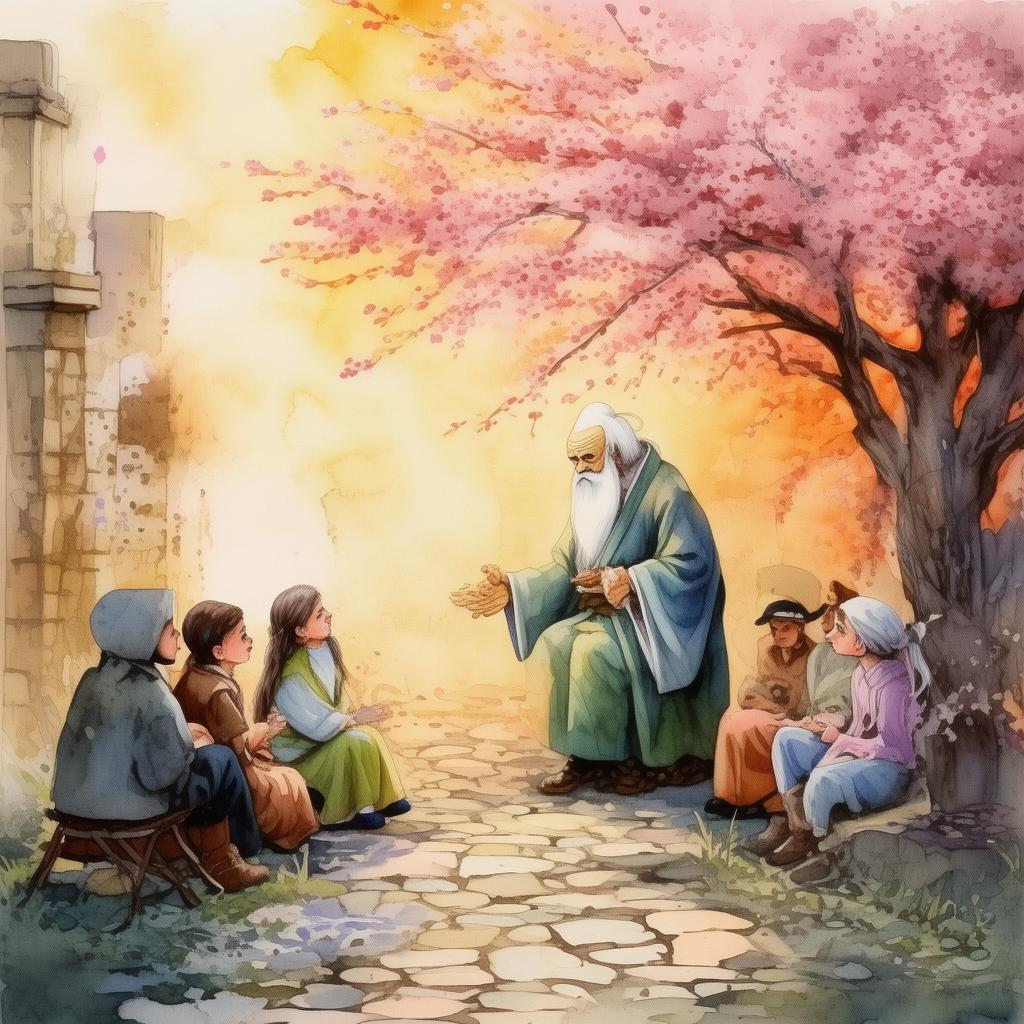
The other, his voice low, replied, "Wise or not, the exam is our heritage. We cannot let it die."
Intrigued, Ming approached the scholars and introduced himself. They were Li and Hua, two scholars who had dedicated their lives to the study of the ancient texts. They were willing to join Ming on his quest.
Together, they traveled to the West, where they faced a different kind of challenge. The scholars of the West were skeptical of Ming's cause. They believed that the exam was an outdated institution, one that no longer served any purpose.
But Ming was undeterred. He spoke of the exam's role in shaping the empire's future, of the values it instilled in those who took part. Slowly, he began to win over the hearts and minds of the Western scholars.
Next, they journeyed to the South, where they encountered a fierce drought that threatened the very existence of the empire. Ming, with his knowledge of ancient texts, offered a solution that involved a ritual to invoke the rain gods.
The ritual was successful, and the rain came, saving the crops and the empire. The people were grateful, and Ming's reputation grew with each passing day.
Finally, they reached the North, where they faced the most formidable challenge of all. The Northern tribes, ever a threat to the empire, were rumored to be preparing for war. Ming knew that he must win over the Northern scholars, and he knew that he had to do it quickly.
He gathered the Northern scholars in a great hall, and he spoke to them of the exam's role in uniting the empire. "The exam does not just test knowledge," he said. "It tests our ability to work together, to solve problems, and to serve our people."
The Northern scholars were moved by Ming's words. They saw in him a leader, a man who could bridge the gap between the North and the South, and they agreed to support his cause.
With the support of scholars from all corners of the empire, Ming returned to the capital. The emperor, impressed by Ming's perseverance and the widespread support for the exam, agreed to restore it.
The exam was reborn, and with it, the hope of a generation of scholars. Ming had achieved his goal, but he knew that his work was far from over. The exam would continue to evolve, to adapt to the changing times, but its core values would remain the same: knowledge, character, and service to the empire.
And so, Ming stood before the throne, his heart filled with pride and gratitude. He had proven that the spirit of the exam was indeed eternal, and that it could rise again from the ashes of doubt and neglect.
The emperor, looking upon Ming, said, "Scholar Ming, you have done more than restore the exam. You have restored the hope of the empire."
Ming bowed his head, his heart swelling with pride. "Your Majesty, it is not I who have restored the exam, but the spirit of the scholars who have always believed in its power."
And with that, the empire looked to a brighter future, one guided by the wisdom of the past and the dreams of the future.
✨ Original Statement ✨
All articles published on this website (including but not limited to text, images, videos, and other content) are original or authorized for reposting and are protected by relevant laws. Without the explicit written permission of this website, no individual or organization may copy, modify, repost, or use the content for commercial purposes.
If you need to quote or cooperate, please contact this site for authorization. We reserve the right to pursue legal responsibility for any unauthorized use.
Hereby declared.
